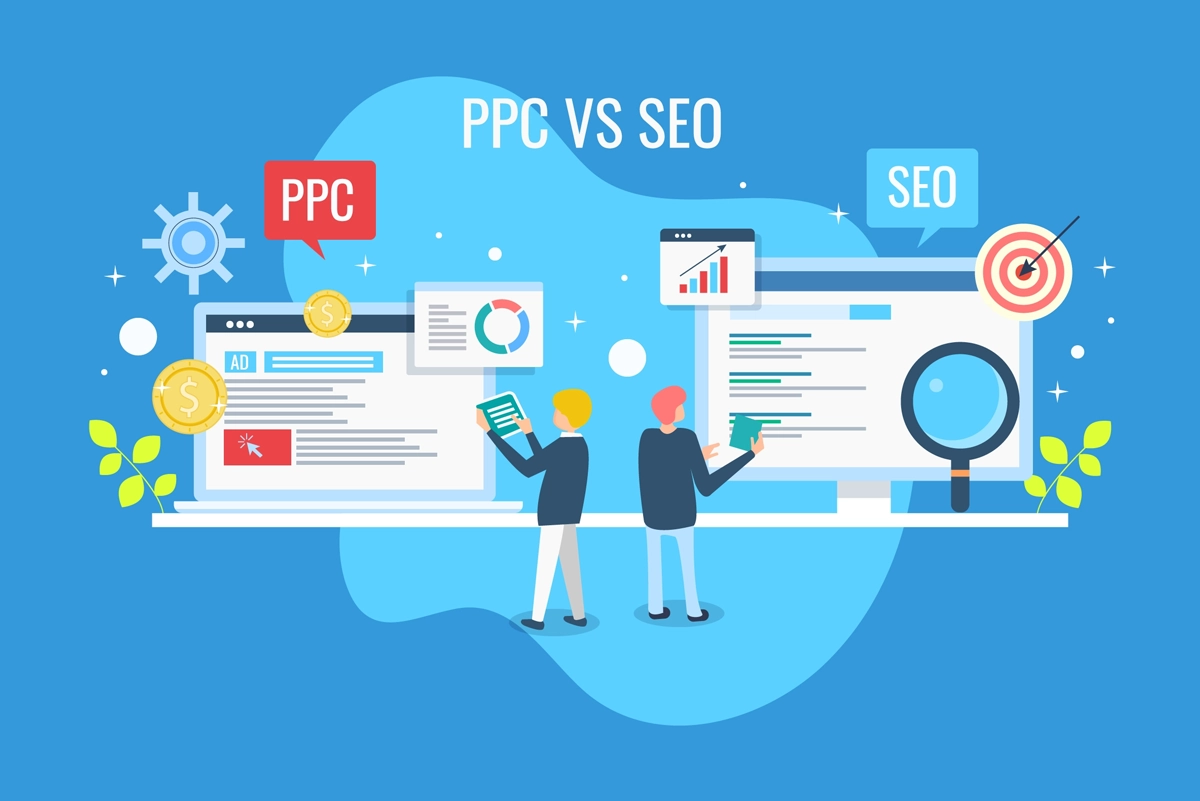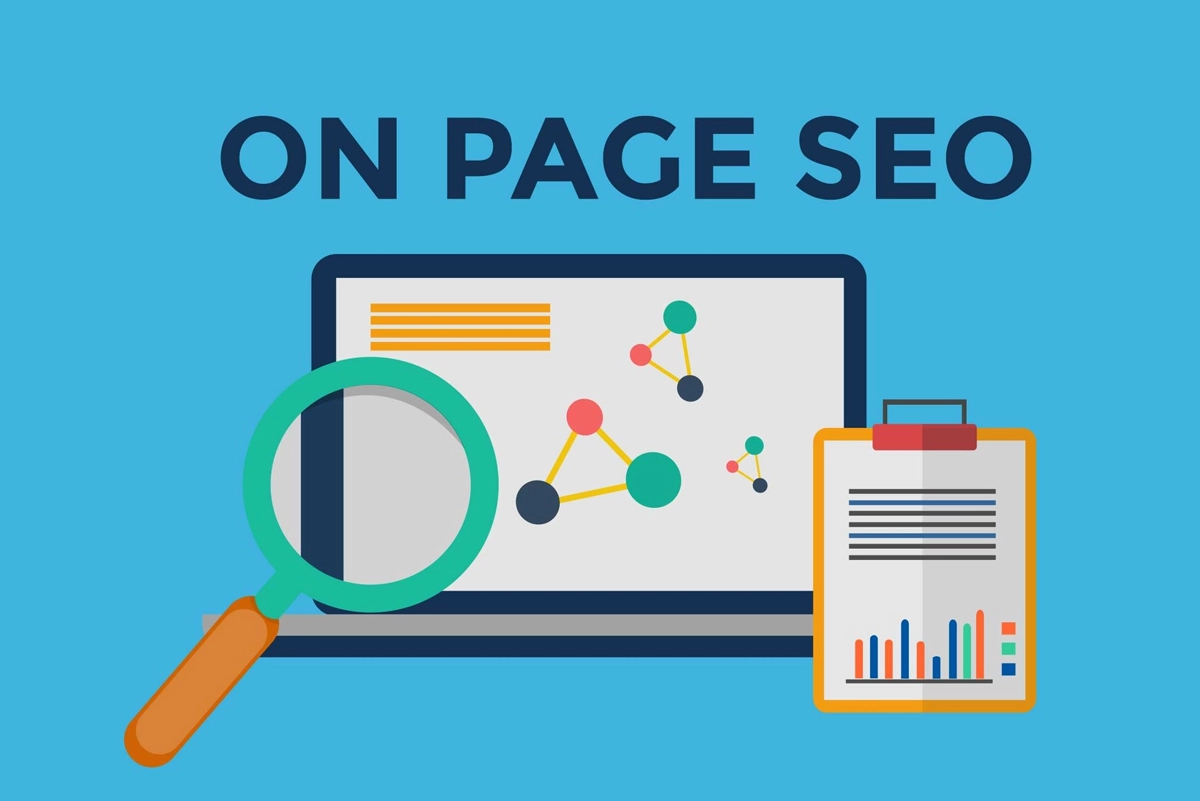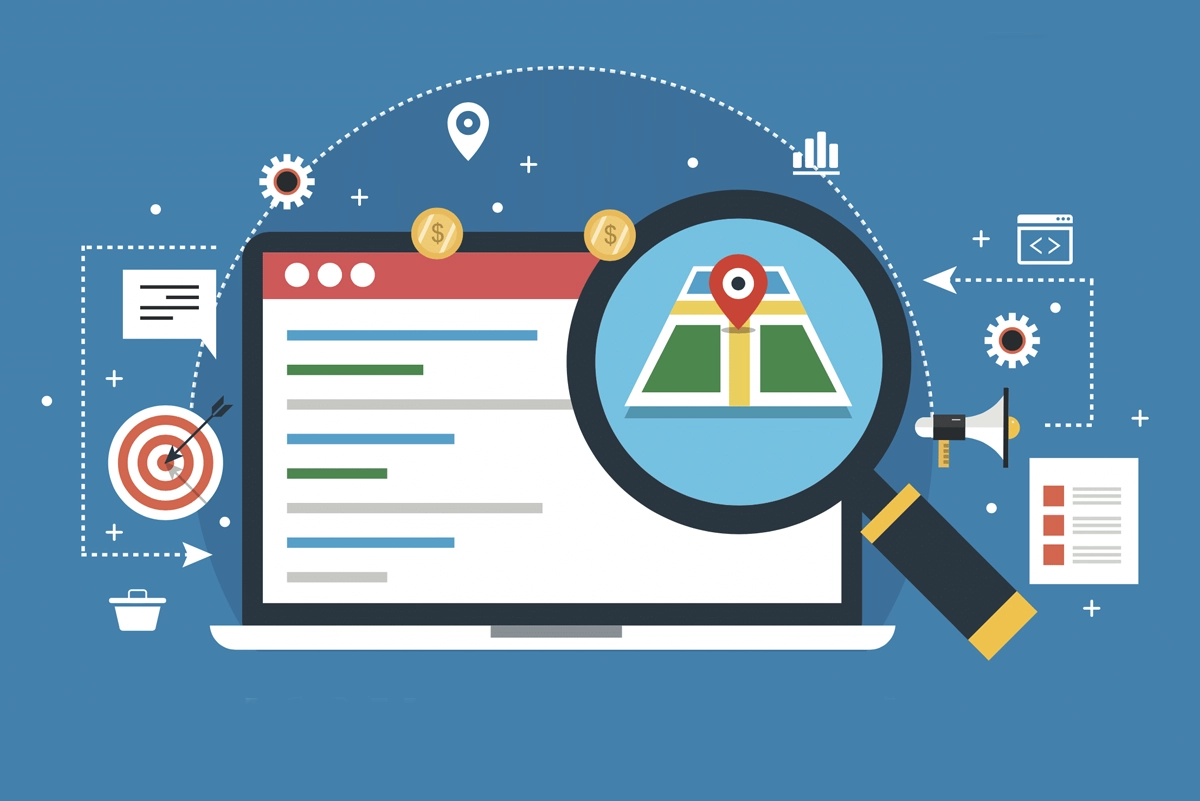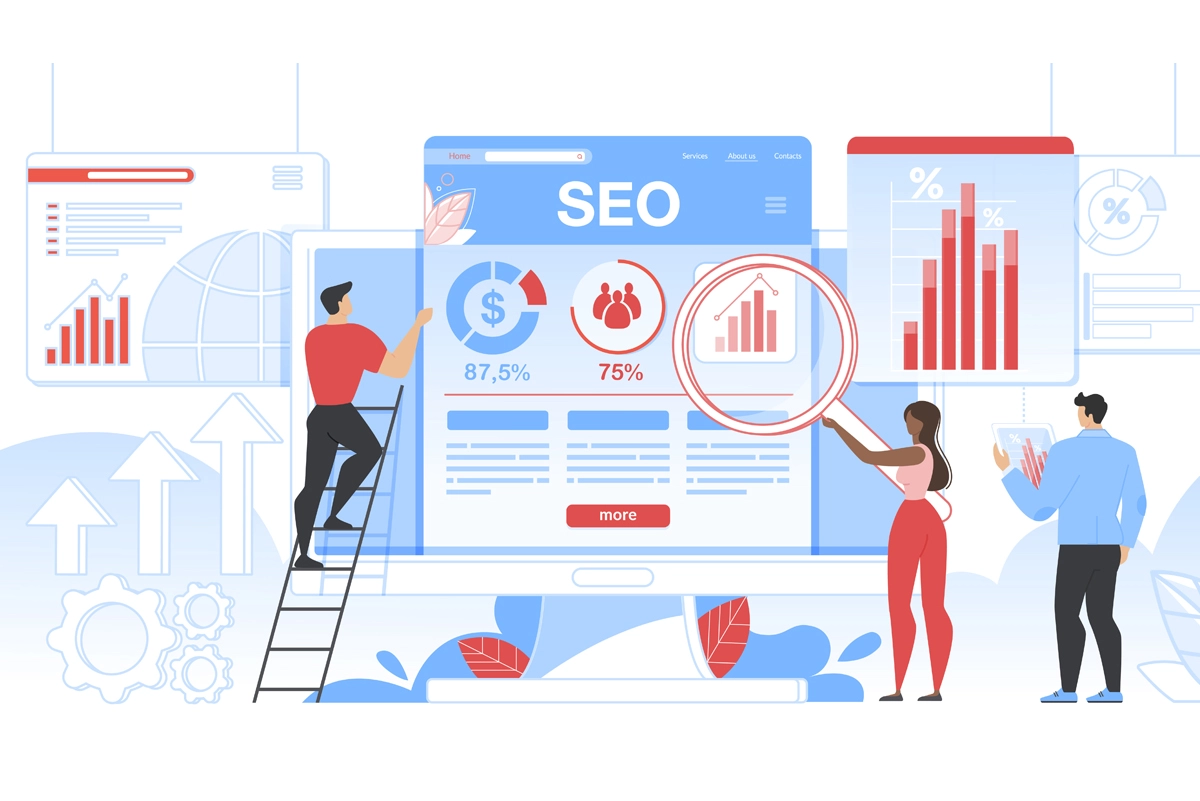In today’s digital age, businesses have a variety of marketing channels available to them, but two of the most popular are paid advertising and search engine optimization (SEO). Both have their strengths and weaknesses, so it’s important to understand the differences between the two and how they can benefit your business.
Paid Advertising
Paid advertising, also known as pay-per-click (PPC) advertising, involves placing ads on search engines, social media platforms, and other websites. You pay for each click your ad receives, and your ad appears above or below the organic search results. The advantages of paid advertising include:
- Immediate results – You can launch a campaign and see immediate results. This is especially beneficial for businesses looking to drive traffic to a new website or promote a time-sensitive offer.
- Targeted advertising – You can target your ads to specific demographics, interests, and locations, ensuring that your ad is seen by the right audience.
- Flexibility – You can adjust your campaigns on the fly, testing different keywords, ad copy, and landing pages to optimize your campaigns for maximum ROI.
However, there are also some disadvantages to paid advertising:
- Cost – Depending on the keywords and competition, PPC advertising can be expensive. You need to have a clear understanding of your customer acquisition costs and conversion rates to ensure that you are getting a positive ROI.
- Limited exposure – Once your ad budget is depleted, your ad disappears. Paid advertising is not a long-term solution for driving traffic to your website.
Search Engine Optimization
Search engine optimization (SEO) is the practice of optimizing your website and content to rank higher in the organic search results. The advantages of SEO include:
- Long-term results – Unlike paid advertising, the results of SEO efforts can last for months or even years. By creating high-quality content and optimizing your website for search engines, you can attract organic traffic to your website for free.
- Credibility – Organic search results are seen as more credible and trustworthy than paid results, so ranking well in the organic search results can improve your brand’s reputation.
- Cost-effective – While SEO requires an investment of time and resources, the cost is typically lower than paid advertising in the long run.
However, there are also some disadvantages to SEO:
- Slow results – Unlike paid advertising, SEO takes time to produce results. It can take months or even years to achieve a high ranking in the search results.
- Constant changes – Search engine algorithms are constantly changing, so you need to stay up-to-date on the latest SEO best practices to maintain your ranking.
- Limited control – Unlike paid advertising, you have limited control over where your website appears in the search results. You can optimize your website for search engines, but ultimately the search engines decide where your website appears.
Which is Better?
The answer to this question depends on your business goals and budget. Paid advertising can provide immediate results, but can be expensive. SEO can be more cost-effective in the long run, but takes time to produce results. Many businesses use a combination of paid advertising and SEO to achieve their marketing goals.
Conclusion
Both paid advertising and SEO have their strengths and weaknesses, and the best approach for your business depends on your goals and budget. Paid advertising can provide immediate results, while SEO can provide long-term results. Ultimately, the key to success is to create high-quality content that resonates with your target audience, and to continually refine your marketing strategy based on the results you see.



